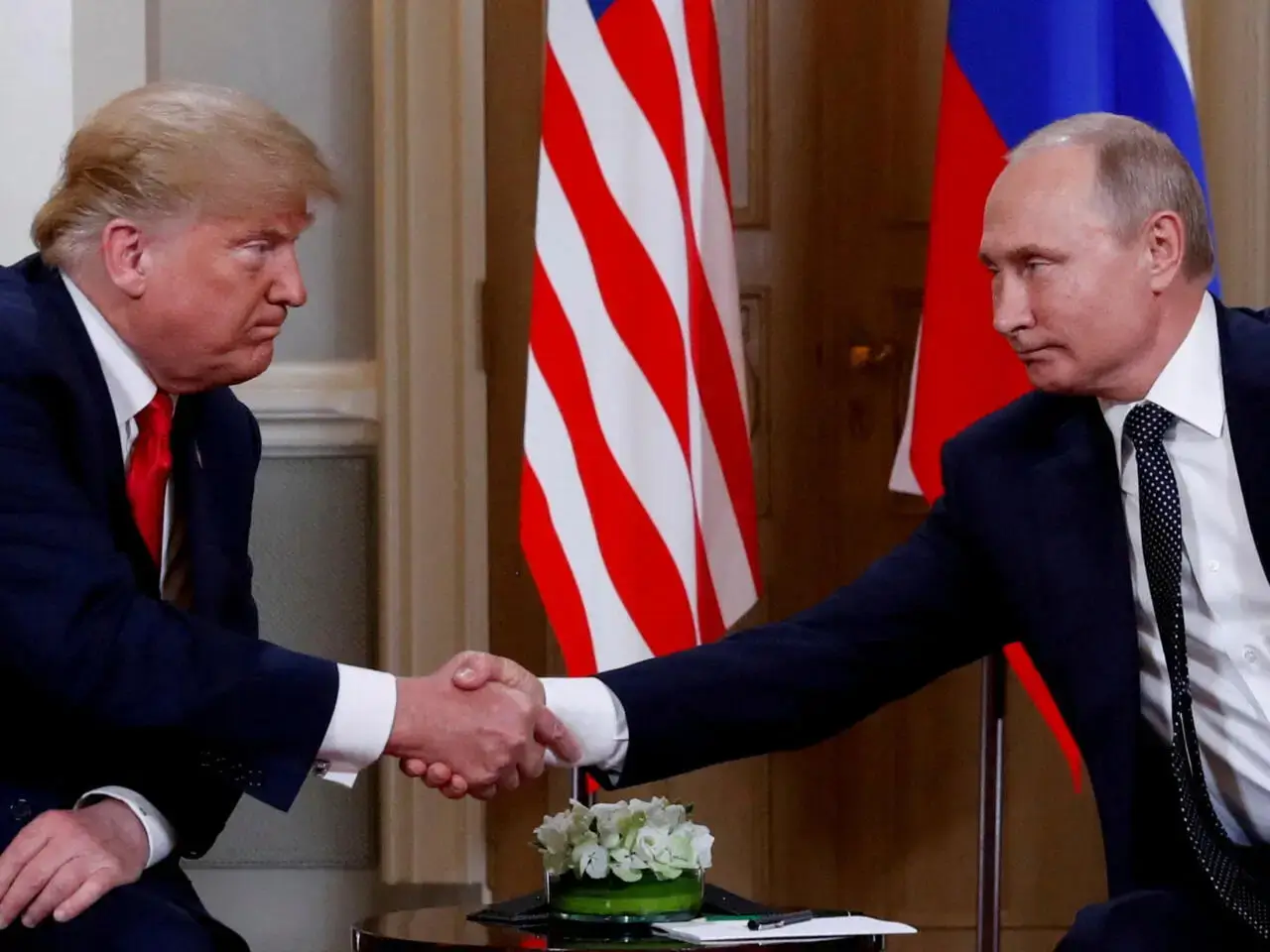Russia said on Tuesday the United States had agreed to help it lift sanctions on food, fertilizer and shipping companies in return for agreeing to a maritime security pact in the Black Sea. Russia and Ukraine have also agreed not to launch military strikes on each other’s energy installations, the US said. If implemented, the agreements would be the biggest step yet towards a comprehensive ceasefire. Washington sees it as a major step toward peace talks to end Russia’s three-year-old war in Ukraine.
What will Russia gain?
The agreement will help Russia restore access to the world market for agricultural and fertilizer exports, reduce maritime insurance costs, and increase access to ports and payment systems for such transactions, the US said.
Russia says it has agreed to a Black Sea treaty with Washington. This now includes ensuring the safety of navigation in the Black Sea, non-use of force and preventing the use of commercial vessels for military purposes.
The Kremlin said the agreement on maritime security will enter into force after a number of conditions are met. This includes the lifting of sanctions on its major agricultural banks, exporters of food and fertilizer, and Russian ships. Restrictions on the supply of agricultural machinery to Russia will also be lifted, as well as restrictions on other goods involved in the production of food (including fish products) and fertilizers.
What will Ukraine get?
Washington said it agreed with Ukraine that the United States is committed to helping with the exchange of prisoners of war, the release of civilian detainees and the return of forcibly transferred Ukrainian children. The deal is effectively a return to the Black Sea Initiative, which was created in 2022 with the help of Turkey and the United Nations, as well as a three-year memorandum of understanding under which UN officials agreed to help Russia transport its food and fertilizer exports to foreign markets.
Russia withdrew from the initiative in 2023, complaining that its own food and fertilizer exports were facing serious obstacles, although Moscow does not currently face serious problems in transporting its grain to market via the Black Sea.

